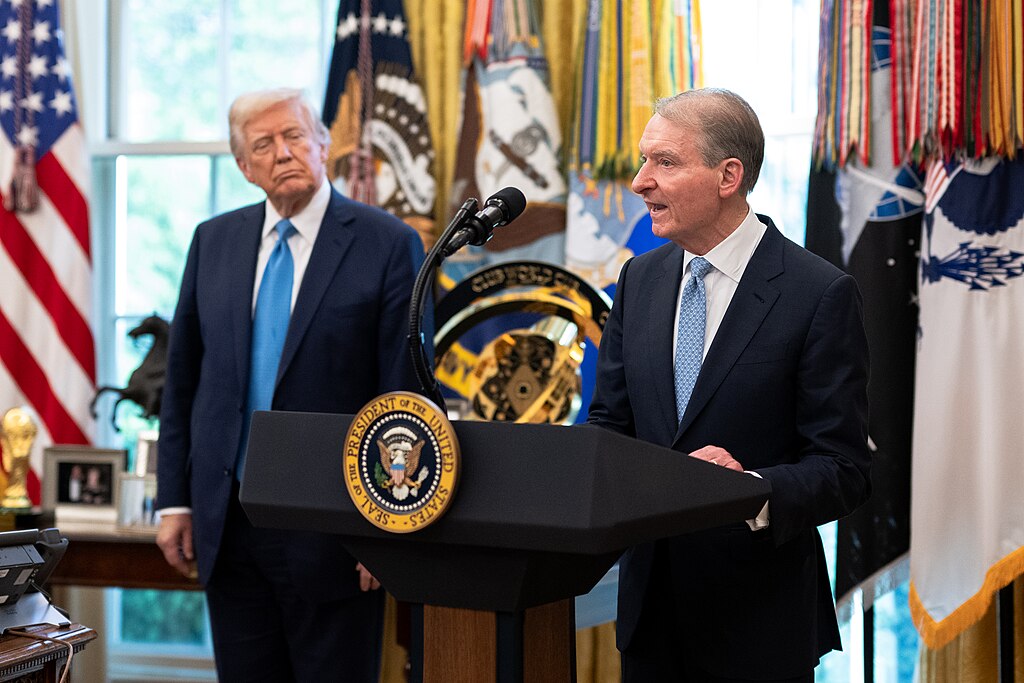This week, U.S. lawmakers face a critical opportunity to advance stablecoin legislation that could reshape the digital asset industry. Coinbase CEO Brian Armstrong is urging the Senate to begin debate on the GENIUS Act, a proposed bill that would establish a federal licensing framework for stablecoin issuers. The bill mandates robust reserve backing to protect consumers and introduces a tiered regulatory system—placing large issuers under federal oversight while allowing smaller players to remain state-regulated.
To proceed, the Senate needs 60 votes, while momentum builds in the House following recent progress with the FIT21 framework. Supporters argue that clear regulation will foster innovation and consumer protection, while keeping the U.S. competitive in digital finance.
Backing this legislative push is a new U.S. Treasury report projecting explosive stablecoin market growth—from $230 billion today to $2 trillion by 2028. Factors fueling this growth include institutional demand, tokenized asset adoption, regulatory clarity, and broader real-world applications. However, the Treasury also warns of potential disruptions to traditional banks. As stablecoins are typically backed by short-term U.S. government debt, rising demand may pull deposits away from banks, pressuring them to raise interest rates or innovate to retain customers.
The report highlights that stablecoins could evolve beyond digital payments to become global U.S. dollar export tools and competitors to banks. With Congress approaching its August recess, time is running out to pass comprehensive legislation. Armstrong and other industry leaders emphasize the urgency of enacting stablecoin rules that ensure transparency, safeguard users, and solidify America’s leadership in the evolving digital economy.
Passing the GENIUS Act would mark a pivotal step toward a more secure and globally competitive digital financial system.


























Comment 0